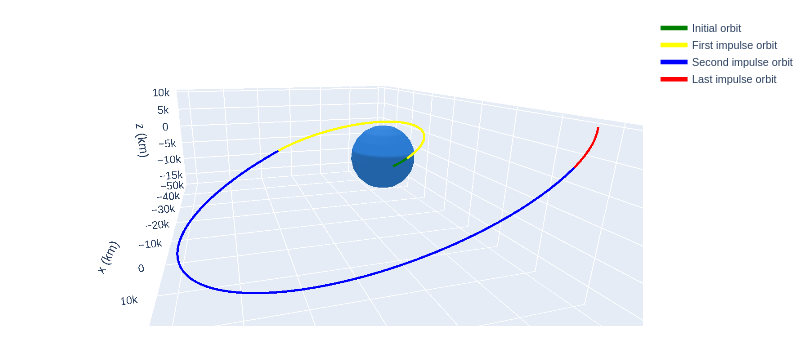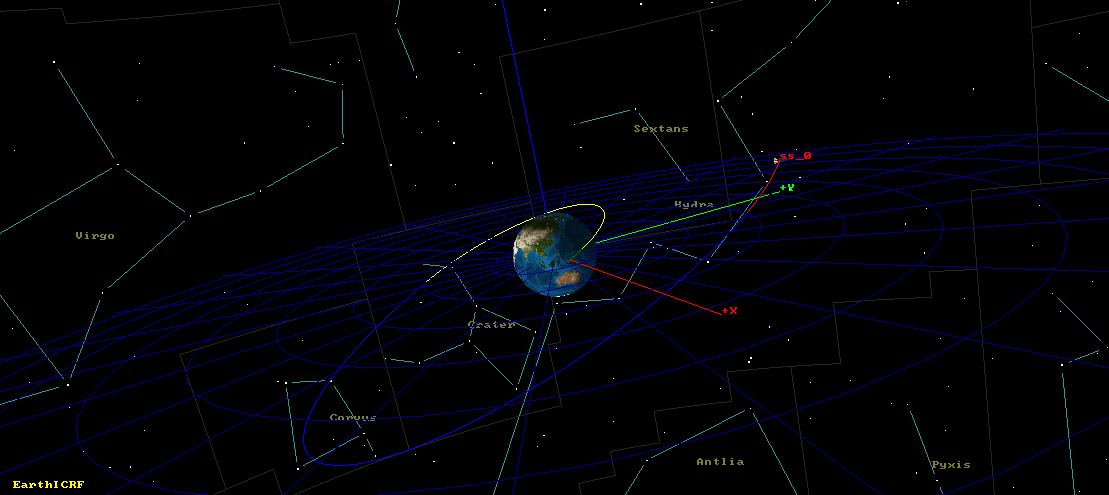Summarizing GSoC 2021
This page describes the work done during Google Summer of Code 2021 with poliastro. I added some space event detectors under the twobody problem by implementing raw orbital mechanics algorithms (inside poliastro.core) accelerated by the numba.jit() decorator (in the nopython compilation mode, as was customary in poliastro). It uses the events parameter from scipy.integrate.solve_ivp for tracking events and numerical integration. The required condition is checked at each time instance for an event occurence.
The validation cases for the events were developed against the orekit software, using the Orekit Python Wrapper, and some additional tests were added for investigating edge-cases. The user guide for the added events and some plotting results using poliastro’s plotting capabilities, can be found here.
Added events (so far…)
- Altitude Crossing #1254.
- The already existing
LithobrakeEventwas made to inherit this event …
- The already existing



